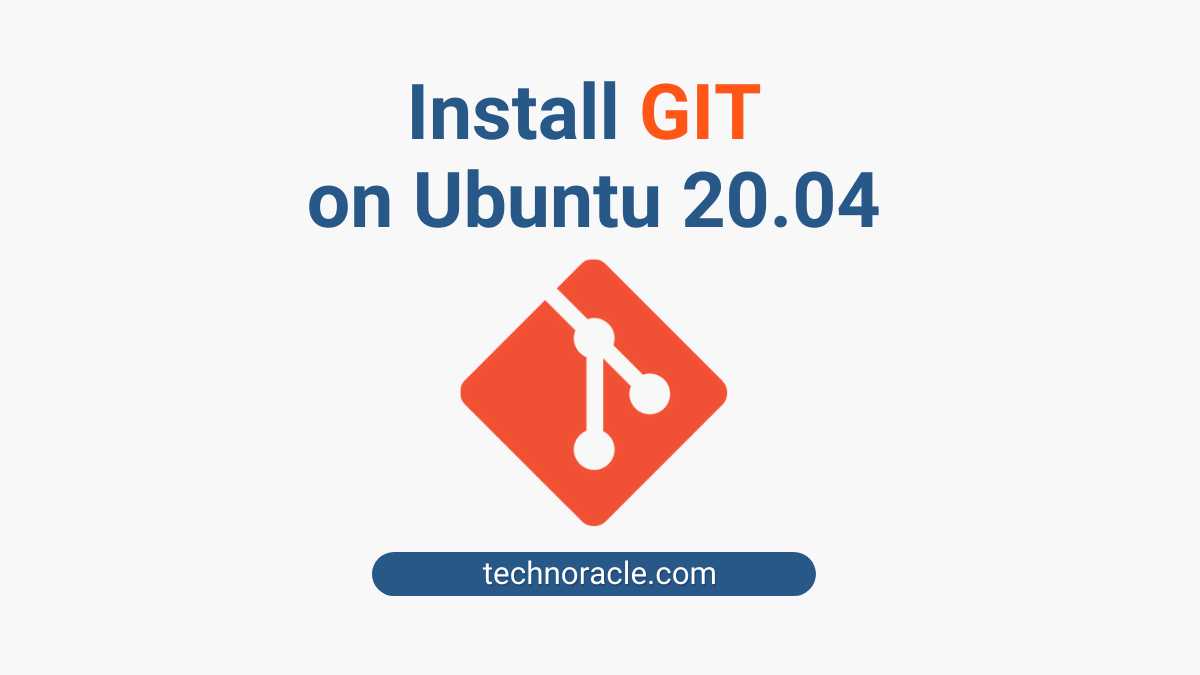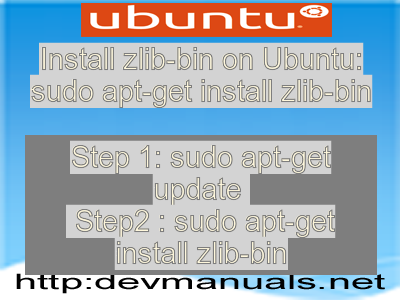

Now look for Loaded Configuration File which where php.ini is located in your web server. Load the info.php you just created in your web browser, since you located that info.php in the root web directory, you should be able to load that file at:
#Zlib dev ubuntu code
To locate php.ini in your web server, first create info.php and save it at your web root directory.įor example in public_html, or copy and paste this code to info.php and save it.
#Zlib dev ubuntu install
It is installed in web server by default, for some reason if you don’t have zlib installed, here is the command to install it to your web server:įor fedora, centos, or redhat based distribution: yum install zlib-develįor ubuntu, or debian based distribution: apt-get update & apt-get install libgcrypt11-dev zlib1g-dev To enable gzip, you can either modify php.ini if you have root access to your VPS or dedicated server, or use. To speed up any website, make sure your web hosting support PHP GZIP compression enabled. Zlib is a compression library uses deflate() and inflate() algorithm to compress and decompress files.

Enable zlib.output_compression setting in your linux web server will allow gzip compress pages served by PHP. Most modern web browsers today like Google Chrome or Mozilla Firefox supports both gzip and/or deflate. Zlib, gzip and mod_deflate on Apache HTTPD server compress your web pages and serve them to client’s web browsers which can save and reduce bandwidth usage. configure -with-zlib=/usr/includeįinally run make command to generate the Python binaries. If you have installed Python but get this error can't decompress data zlib not available.Ĭonfigure Python with. htaccess is to add this code right into your PHP scripts before any output ini_set('zlib_output_compression','On') htaccess at your website root directory php_flag zlib.output_compression OnĪnother method to enable zlib (gzip) to your website without alter php.ini or. If your host does not support custom php.ini or you don’t have root access to your host, you can enable zlib by adding this code to your. In php.ini file, search for # zlib.output_compression_level = -1Ĭhange its value to 6 and uncomment or remove “#” in front of zlib.output_compression_level zlib.output_compression_level = 6 The default value of zlib.output_compression_level is -1 which let your server choose which level to use. Next we should set the zlib.output_compression_level value to 6 which is the best compression level without reduce your server preformance. Search for zlib.output_compression, default value should be off, to enable zlib, simple change to value off to on. Next step is to modify php.ini file to enable zlib compression. Now look for “Loaded Configuration File” which where php.ini is located in your web server. Load the info.php you just created in your web browser, since you located that info.php in the root web directory, you should be able to load that file at To locate php.ini in your web server, first create info.php and save it at your web root directory, for example in public_html, or and save it. Normally zlib is installed in your web server by default, for some reason if you don’t have zlib installed, here is the command to install zlib to your web serverįor fedora, centos, or redhat based distribution # yum install zlib-develįor ubuntu, or debian based distribution # apt-get update & apt-get install libgcrypt11-dev zlib1g-dev Enable zlib (gzip) on Linux web server To speed up your website, make sure your web hosting support PHP GZIP compression enabled. Zlib uses deflate() and inflate() algorithm to compress and decompress files.
#Zlib dev ubuntu mac
Zlib works in Linux, Mac OS, even gaming consoles like playStaion 3, Xbox 360 and Wii. Zlib is a compression library, written by Jean-loup Gailly and Mark Adler.

Why need zlib on your linux web server? zlib, gzip and mod_deflate on Apache HTTPD server compress your web pages and serve them to client’s web browsers which can save and reduce bandwidth usage.


 0 kommentar(er)
0 kommentar(er)
